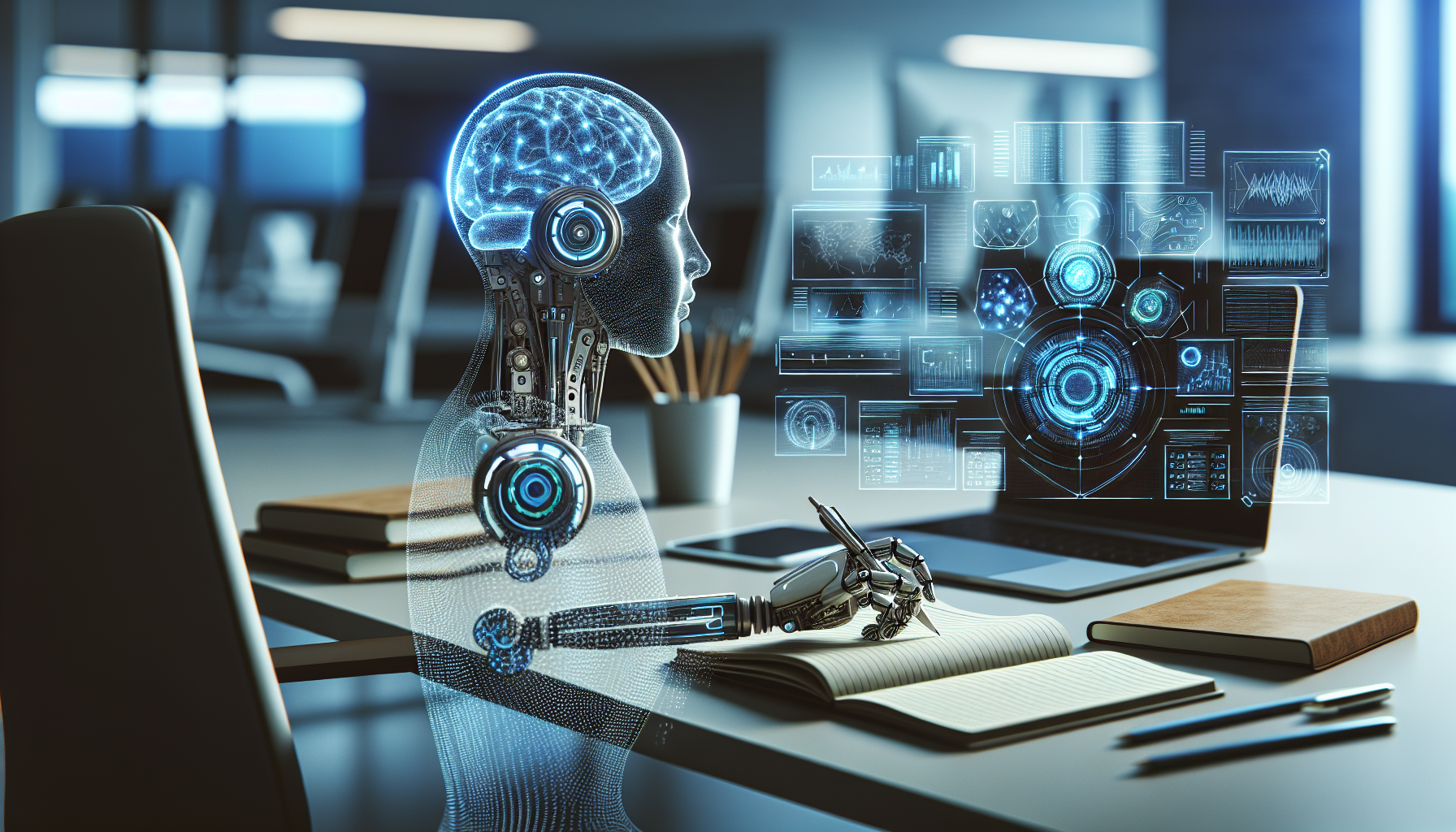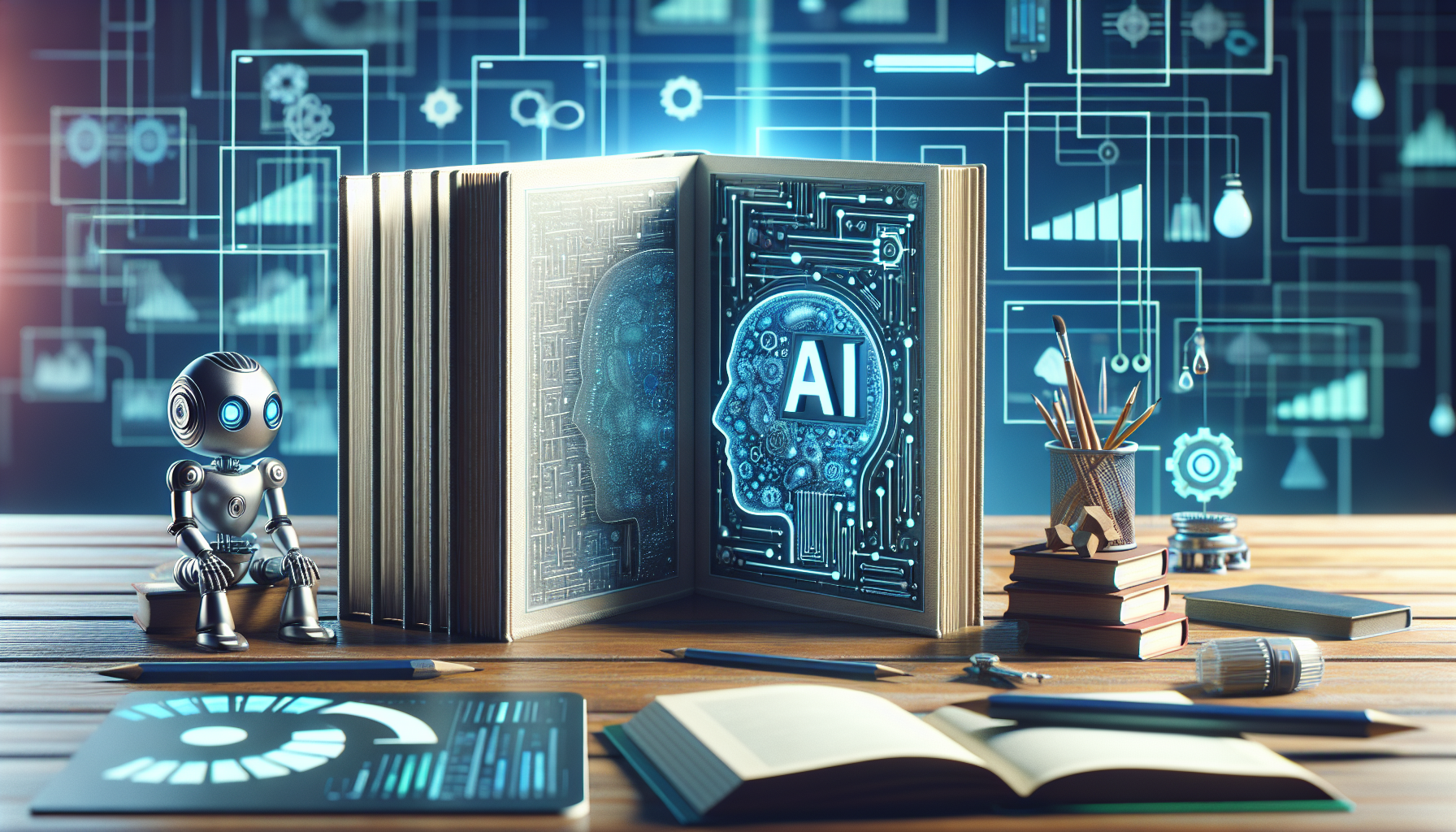
AI and Aging: How Technology is Revolutionizing Elderly Care
May 1, 2025
Artificial intelligence is not just a buzzword in the realm of technological advancement; it's a beacon of hope for an aging population. In a world where the number of senior citizens is rapidly increasing, AI emerges as a vital tool in transforming how societies care for their elders. Unlike traditional methods, AI offers innovative solutions that are reshaping the landscape of elderly care, providing insights and assistance that were once the realm of science fiction.
Imagine a world where an elderly individual can maintain their independence while being surrounded by a network of digital aides designed to ensure their safety and well-being. This world is not far-fetched; it is already becoming a reality. AI-powered devices and applications are revolutionizing elderly care by providing real-time health monitoring, enhancing social interactions, and even predicting potential health issues before they become critical.
One of the most remarkable contributions of AI in this field is its ability to foster independence among seniors. With AI-driven health monitoring systems, seniors can now enjoy the comfort of their homes while being closely observed for any signs of health deterioration. These systems utilize sophisticated algorithms to analyze data from wearable devices, like heart rate monitors and sleep trackers, alerting caregivers and healthcare professionals to anomalies. This proactive approach not only ensures timely medical intervention but also reduces hospital admissions, ultimately leading to significant cost reductions in healthcare expenses.
Moreover, AI is bridging the gap in social connectivity for the elderly. Loneliness, a persistent issue among seniors, is being tackled by AI-driven applications that encourage social interactions. Virtual assistants like smart speakers and AI chatbots provide companionship and stimulate engagement by playing games, sharing news updates, and even conducting casual conversations. These digital companions are designed to learn from interactions, becoming more attuned to the preferences and needs of their users, offering a personalized experience that traditional social platforms cannot match.
Another inspiring aspect of AI in elderly care is its predictive capabilities. By analyzing vast amounts of data, AI systems can identify patterns and trends that might elude human observation. This ability is particularly valuable in predicting falls, a leading cause of injury among the elderly. AI algorithms can assess movement patterns and detect subtle changes in gait or posture that might indicate an increased risk of falling. By alerting caregivers to these risks, AI systems enable preventative measures to be taken, enhancing the safety and quality of life for seniors.
The global integration of AI in elderly care also presents a fascinating comparative analysis between different cultures and healthcare systems. In countries with advanced healthcare infrastructure, AI is seamlessly integrated into existing systems, enhancing the efficiency and effectiveness of care. Meanwhile, in regions with limited access to healthcare, AI provides an opportunity to leapfrog traditional barriers, offering innovative solutions that improve accessibility and affordability.
For instance, in some developing regions, mobile health clinics equipped with AI diagnostic tools are making healthcare accessible to rural and underserved populations. By using AI to analyze medical images or patient data, these clinics can provide accurate diagnoses and treatment plans without the need for specialized personnel. This democratization of healthcare not only benefits the elderly but also paves the way for a more inclusive health ecosystem.
The journey of AI in transforming elderly care is nothing short of inspirational. It is a testament to human ingenuity and the relentless pursuit of using technology for the greater good. As AI continues to evolve, it raises intriguing questions about the future of elderly care. How will AI redefine the roles of caregivers and healthcare professionals? Can AI truly replicate the nuanced care that human touch provides, or will it augment it in ways we have yet to imagine?
These are the questions that invite us to explore further, to delve deeper into the potential of AI in crafting a world where aging is not synonymous with decline, but rather, a new chapter enriched by technology and compassion. AI is not just supporting an aging population; it is inspiring a new narrative of aging itself, one filled with opportunities for empowerment, connection, and dignity.


